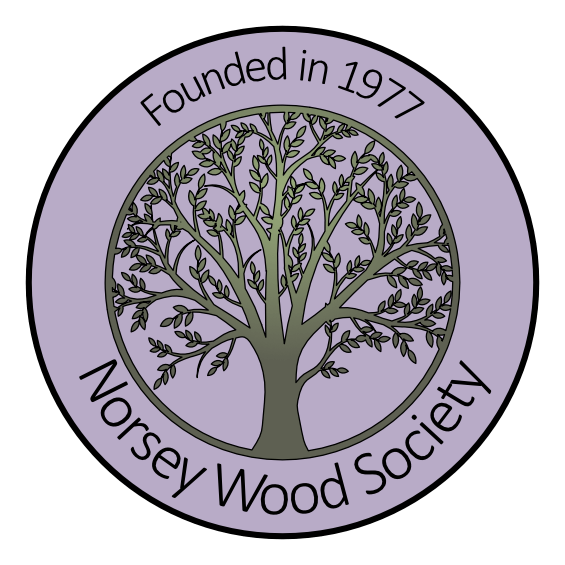1920's Onward
1924 The tumuli were designated a Scheduled Ancient Monument under the name of ‘Gt Burstead Tumuli.’
1931 The very existence of the Wood was threatened by a proposal to build housing and infrastructure. Fortunately this was abandoned. Click here for plan
1933 Mr Robert Jasper William Layland bought the Wood and his son ‘Jake’ developed the coppicing. Timber products were exported all over the country.
The woodsmen were Traveller Emberson, Bobby Balls, Jock Speller, John Alefounder and Sam Collard
Mr Day-Kimble from the Ministry of Works excavated a part of the Deerbank along Norsey Road (click for photo) and in some of the gravel pits found Roman coins of the 4th century and two shards of pre-Belgic or Belgic origin.
1934 The ‘Norsey Wood Camp’ (now an unknown area) was added to the SAM).
1937 Further excavations were carried out by an unnamed individual from the Ministry of Works. There are no details available.
World War ll
The military occupied the Wood where ammunition was stored and vehicle recovery was practised.
Post War years
1976 The Wood was compulsorily purchased by the then Basildon District (now Borough) Council to protect it from development. The management policy for the Wood agreed by the Council’s Sports and Sub- committee stated that ’the Wood will be acquired to make it available for public access in a manner compatible with the Wood’s value’.
1977 The Norsey Wood Society was formed from supporters of the local opposition to the earlier planning proposals to work with the Council, providing advice on the management of the Wood and as a mouthpiece for the local community.
1999 The area within the Wood perimeter to the north-west, south and south-east was added to the schedule under the English Heritage Monuments Protection Programme. These areas contain well-preserved sections of the perimeter earthworks, of which can reasonably be expected to retain evidence of prehistoric and Romano-British activity
